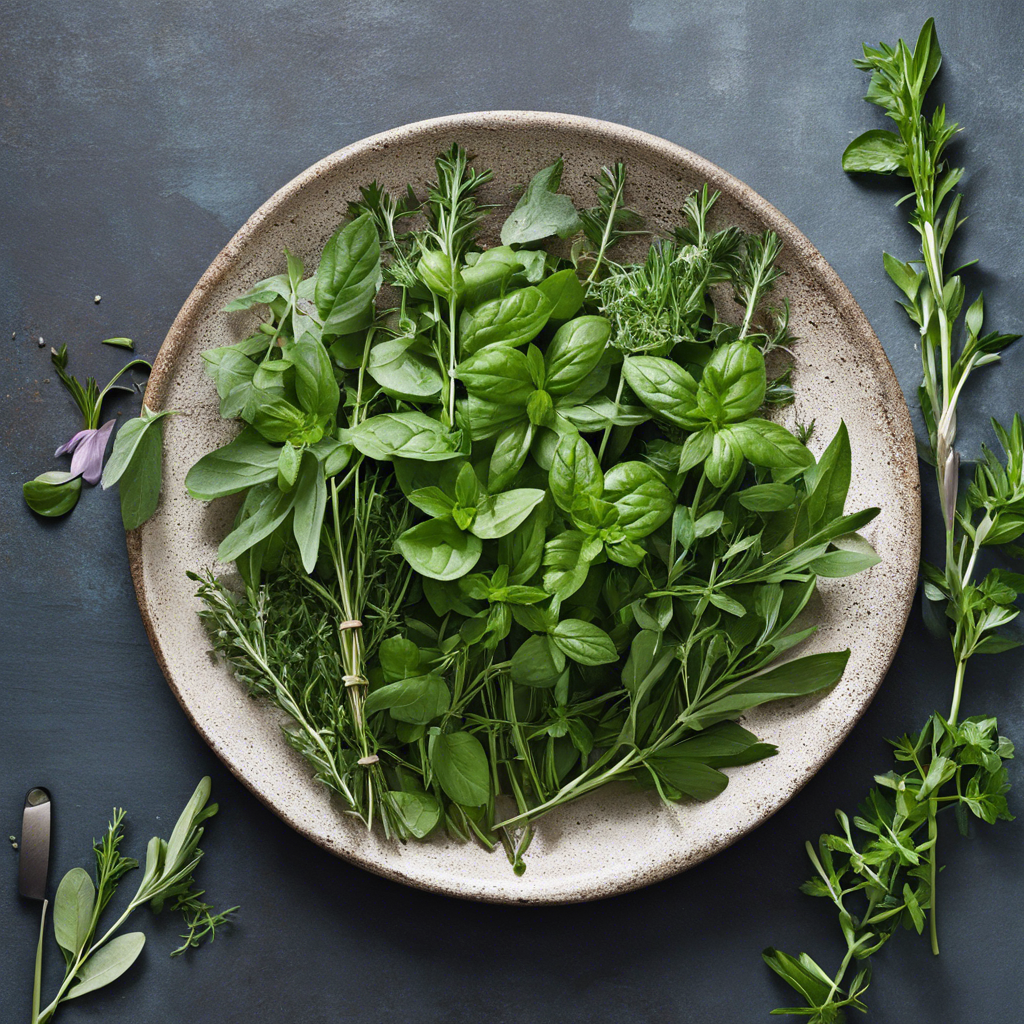Fresh herbs have an incredible power to elevate everyday dishes, adding not just flavor but also a touch of elegance and a burst of color. Cooking with herbs is an art that can transform the ordinary into the extraordinary, taking your culinary creations to a whole new level. Whether you’re a seasoned chef or a home cook, understanding how to use fresh herbs effectively is key to crafting memorable meals. So, let’s embark on a journey to discover the magic of herbs and learn how to use them to their full potential.
The beauty of fresh herbs lies in their versatility. From aromatic basil to savory thyme, each herb brings its unique flavor profile to the table. Basil, for instance, is a summer favorite, perfect for enhancing tomato-based dishes and crafting mouthwatering pesto. Its sweet, slightly peppery flavor makes it a perfect match for pasta, salads, and pizza. On the other hand, thyme, with its earthy, slightly minty notes, is a master at infusing depth into soups, stews, and roasted meats. Imagine a hearty chicken casserole or a classic beef stew without the subtle yet compelling presence of thyme – it simply wouldn’t be the same!
The trick to unleashing the full potential of herbs lies in knowing when and how to add them. Herbs can be used in various forms: finely chopped, whole, or even as a vibrant garnish. For delicate herbs like basil and cilantro, adding them towards the end of cooking or using them as a finishing touch ensures their flavors and textures remain intact. This way, they provide a burst of freshness that tantalizes the taste buds. In contrast, hardier herbs like rosemary and oregano can withstand longer cooking times, making them ideal for slow-cooked dishes and marinades.
When using fresh herbs, a little goes a long way. A few sprigs of rosemary can infuse a whole pot of soup with its robust flavor, while a handful of chopped parsley can transform a simple dish of rice or quinoa into a feast for the senses. The key is to experiment and find the right balance for your palate. Start with a small amount and gradually increase, adjusting as you go.
Incorporating fresh herbs into your cooking is also a great way to add variety and nutritional value to your diet. Many herbs are rich in antioxidants, vitamins, and minerals, making them a healthy and flavorful addition to any meal. Basil, for example, boasts anti-inflammatory properties, while parsley is high in vitamins A, C, and K. So not only are you enhancing the taste of your dishes, but you’re also contributing to your overall health and well-being.
To ensure you always have a supply of fresh herbs on hand, consider growing your own herb garden. It can be a small collection of potted herbs in your kitchen or a larger outdoor garden. The joy of plucking fresh herbs from your own garden just before cooking is incomparable. Plus, it’s cost-effective and guarantees the freshest possible ingredients for your culinary creations.
In conclusion, fresh herbs are a chef’s secret weapon for crafting exceptional dishes. They add depth, complexity, and visual appeal to your cooking, taking it from good to great. Whether you’re a culinary novice or a seasoned expert, embracing the art of herb cookery will undoubtedly bring a new level of enjoyment and flavor to your kitchen adventures. So, experiment, explore, and let the magic of fresh herbs transform your everyday meals into something truly special. Happy cooking!
